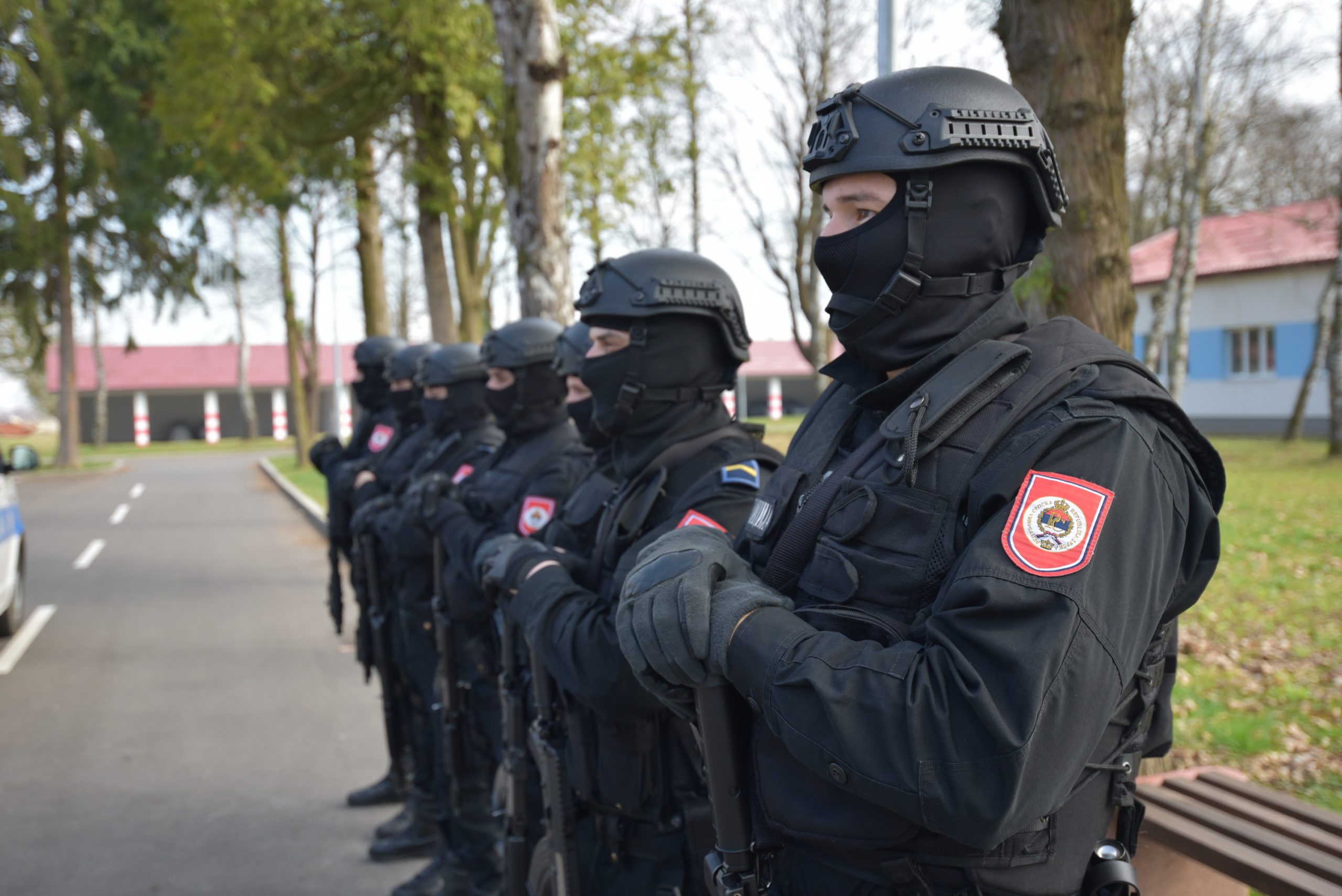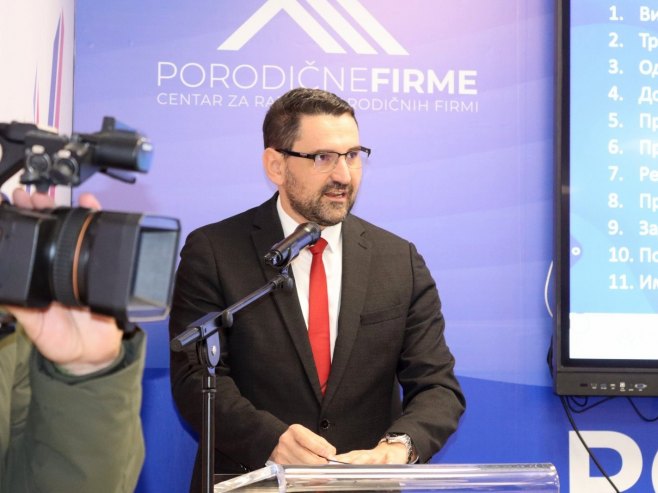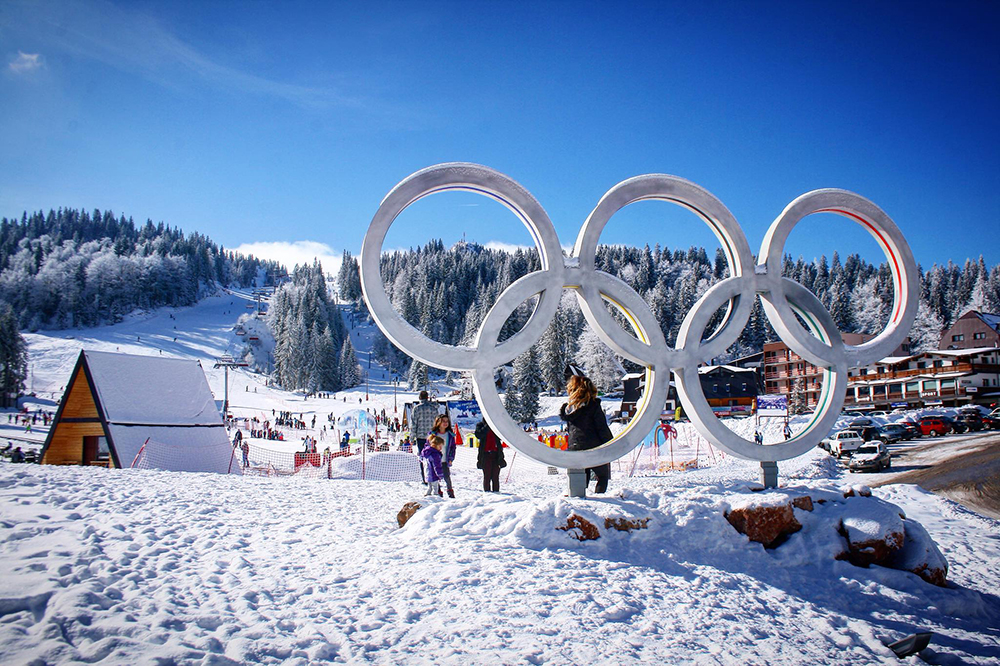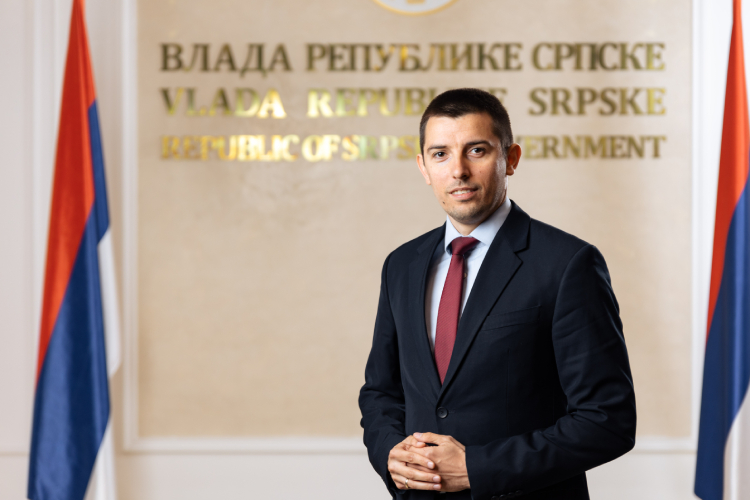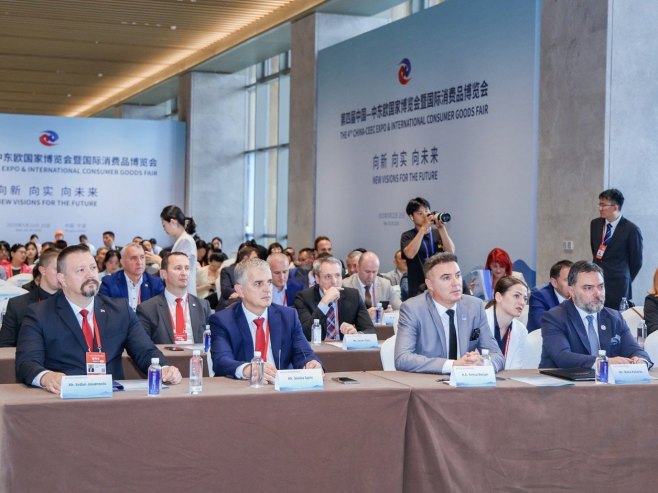The General Director of the Power Utility of Republika Srpska (ERS), Luka Petrović, says that there is a political will and consensus from the Federation of BiH to build seven hydroelectric power plants together with Republika Srpska and Serbia as part of the Middle and Lower Drina projects.
“First and foremost, the Drina river, especially its lower and middle basin, is a border river. The idea has emerged for Republika Srpska and the Federation of BiH to participate with equal percentages, and for Serbia, or rather the Power Utility of Serbia, to have the other half. There is a political will and consensus to do this,” said Petrović.
According to him, the agreement is for three parties, i.e., RS and FBiH from one side and Serbia from the other, to sit down and find a solution for registering a company that would build these seven plants together.
“Our task is to see whether to first work on the Middle Drina, where we have three power plants, and then the Lower Drina, where we have four power plants. We need to solve project documentation, property relations, environmental permits, construction permits, network connections, cooperation with local communities… It’s a serious job that will definitely keep us busy for several years on their development,” Petrović detailed.
Knowing how all this flows, he emphasized, it will take us from five to seven years to develop the project, and then it can be built in a couple of years.
“This is a potential that has been untapped for decades and will surely be a benefit for all local communities, for employment, a benefit for all three Power Utilities, and I believe it will be the future. We will initiate joint meetings and make protocols for the realization of this project that will last several years as soon as possible,” Petrović stated.
When asked whether the consent from the Federation of BiH for this project could also unlock the construction of the hydro power plant HE Buk Bijela, Petrović says that Buk Bijela is not related to this project because it is located in the territory of Republika Srpska, while this project is on the border of BiH and Serbia.
“It’s better to talk about the future and new installed megawatts rather than problems. I think this will somehow bring us closer together and that this integration project will be supported by European financial institutions such as the EIB and EBRD, because we will create regional cooperation,” the ERS Director assessed.
Speaking about the announcement of the Croatian Electric Power Company and the possibility of arbitration dispute regarding the funds that the former Socialist Republic of Croatia invested in the construction of RiTE Gacko (Mines and thermal power plant), Petrović said that arbitration is the last step in regulating legal problems.
“Before that, we have a peaceful way of solving, namely mediation, the second phase is local courts, and the third phase is arbitration. I believe we will put the past on the table in a peaceful manner, but I believe we will also put the future on the table at the same time. We have two contact points with Croatia, those are HE Dubrovnik which was made in the hydrosystem of Trebišnjica and RiTE Gacko which was made also with the funds of today’s Croatian Electric Power Company. If both sides have mutual claims, Governments as the majority owners of all facilities should appoint working teams to analyze the problems,” said Petrović.
He added that HE Dubrovnik was built in 1965, and RiTE Gacko in 1984, emphasizing that fewer people are familiar with the legislation of the former SFRY.
“This cannot be transposed to today’s political system and today’s laws and circumstances in our countries. However, I am sure we will resolve all topics from the past peacefully and define the future. We have joint projects that we can work on and create a new environment,” Petrović stated after the first panel at this year’s Energy Summit in Trebinje.
The moderator of the first panel, Nikola Rajaković, assessed that the panel titled “Connecting/networking power utilities in the region as a response to EU energy and climate policies” answered the key question of whether we need networking.
“We need networking because it makes the region stronger in all aspects. We need to finish what we started regionally as soon as possible, but also to start new projects. We all concluded that the security of electricity supply, sustainability of the energy sector, and even competitiveness and that competitive nature with the aim of providing customers with cheaper electricity can be translated into the function of networking,” Rajaković evaluated.
Source: CAPITAL

